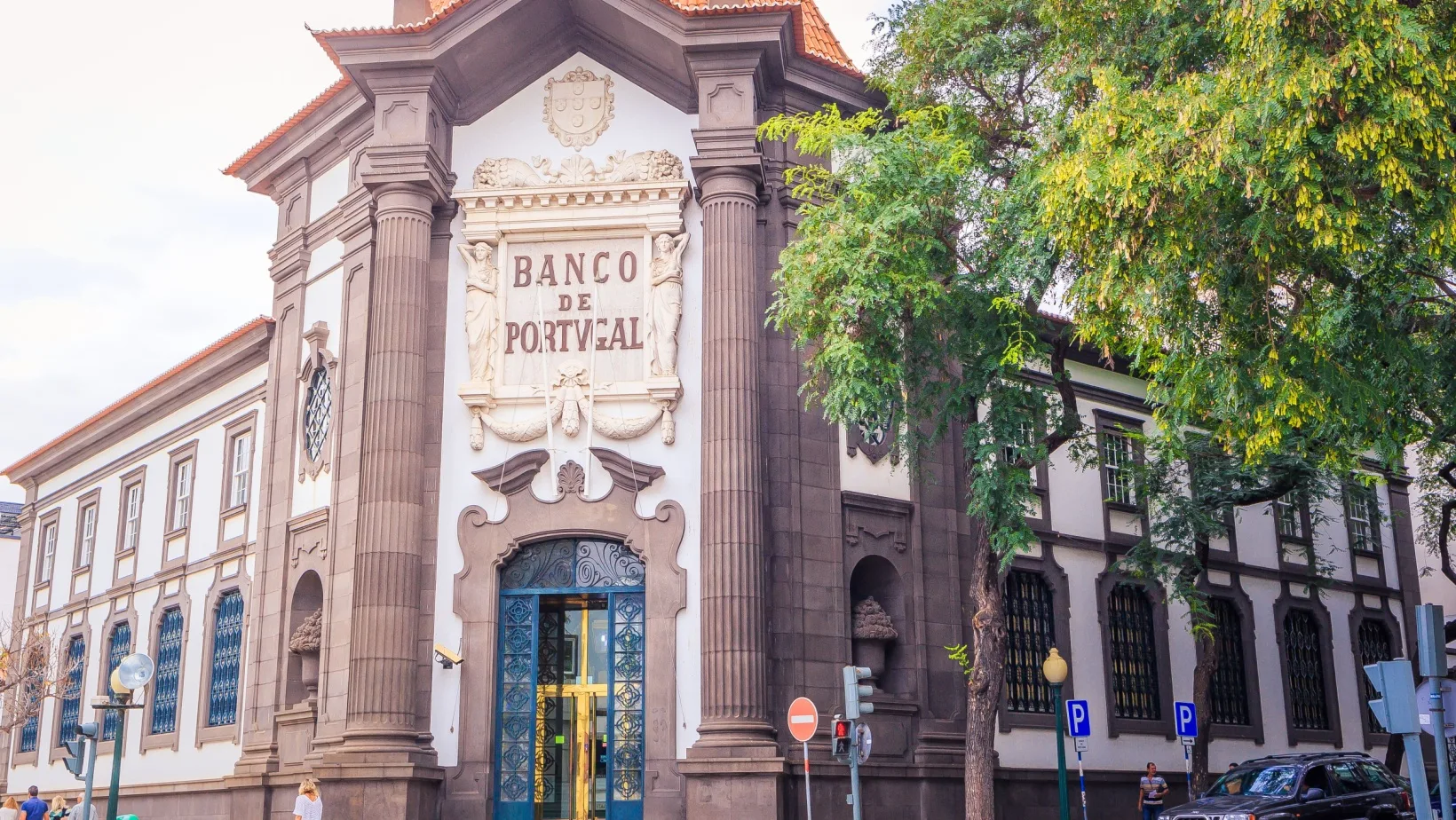Spoiler alert: Rumors of Americans taking over Portugal are greatly exaggerated.
Recent immigration trends created an explosion of breathless hit pieces describing how American expats are flooding Portuguese housing markets and driving up living costs with their easy living.
One Los Angeles Times article describes an expat, “ditching her luxury trailer in Malibu,” for a deluxe rooftop apartment, paying a fraction of her California rent. She now sips white wine in her yoga pants at an organic cafe. Meanwhile, the reporter shocks readers with statistics light on context, proclaiming that, “the ranks of American citizens living in this land of 10 million shot up by 45%” in 2021.
A 2023 New York Times piece extends this image of privileged Americans treating Portugal as their economic playground. Its opening describes an expat sipping Vinho Verde — a budget-friendly Portuguese white wine — from a stemmed wineglass during an afternoon at the park.
The journalist contrasts this image in the next paragraph with a local housing rights activist sitting on a “tattered red sofa” to meet with Lisbon residents facing eviction. The writer implies that these Americans are pricing young Europeans out of the housing market by buying cheap housing that’s brutally expensive for locals.
“The result is a generation failing to launch, with more than 90 percent of southern Europeans under 35 still living at home,” writes Ronda Kaysen.
These articles and others like them foster a spirit of xenophobia, perpetuating a vision of immigrants supplanting local culture with their own — economic impacts be damned.
But is it true?
Americans Comprise a Tiny Percentage of Immigrants in Portugal
The truth is that Americans are moving to Portugal, but the scale is much lower than the media implies.
According to the Portuguese Immigration and Border Service (SEF), about 782,000 expatriates lived in Portugal in 2022. Fewer than 9,800 of them had immigrated from the U.S. With a total population of roughly 10.5 million, American expats account for a scant 0.09% of Portugal’s population; U.S. expatriates comprise only around 1.25% of the total immigrant population.
These numbers give some perspective to the “shot up by 45%” comment from the LA Times article; about 4,000 Americans moved to Portugal in 2021, the year referenced in that article. Then again, the reality of this small-scale transfer of U.S. citizens doesn’t sell as well, considering more than 1 million Portuguese live in the U.S. already.
Simply put, Americans as a group have minimal impact on Portugal. Guinea-Bissau and its 23,737 expats in Portugal comprise three percent of the country’s immigrant population; they have more statistical impact than Americans. Nearly 24,000 Nepalese citizens call Portugal home, yet we don’t read shocking editorials about Kathmandu invading the Algarve.
Instead, papers like The New York Times seem eager to paint all American expats as coastal elites, grafting their expensive California lifestyle onto this less affluent European country.
The LA Times journalist expresses this message plainly when he writes, “Californians are making themselves known in a country once considered the forgotten sibling of Spain.” By implying these 10,000 Americans are causing housing shortages in Portugal, media outlets feed a class warfare narrative that discourages others from moving abroad at best. At worst, the media amplifies fearmongering cries about outsiders colonizing the cultures of other countries.
Portuguese nationals view American expats as the same as any other nationality in their country, if not more favorably than most.
Housing Shortages Due to Financial Crisis, Rental Buyers

If 10,000 American immigrants aren’t causing Portugal’s housing shortage, then who is?
In 2009, Portugal faced a crippling financial crisis, along with much of the world. Two Portuguese banking institutions collapsed and left the economy in serious debt, contributing to an already underperforming economy that stretched back years.
The country implemented two programs to reinvigorate foreign investment and stave off economic collapse. The Non-Habitual Residence tax (NHR) went into effect in 2009. It created a 10-year, 20% flat tax rate for newcomers — and a 10% tax rate for retirees. Portugal followed up three years later with its Golden Visa program, where expats could qualify for a residency visa by purchasing a home worth €350,000 or more.
These programs saved Portugal’s economy. The Golden Visa alone brought in over €7 billion for real estate investments by 2023. Unintended consequences followed, however, with many investors buying homes to convert to short-term rentals rather than living in the homes as expected.
This investor takeover inflated housing prices for Portuguese nationals, whose wages could not rival the rising home prices caused by reduced inventory. However, Americans received only 781 visas; most Golden Visas were given to Chinese investors.
Policy Changes May Deter New Expats
Portugal saved itself from financial collapse with attractive incentives for expats. Now, some politicians believe it’s time to transition away from them.
The Portuguese government is taking steps to reduce this economic disparity by changing its incentive programs for new residents. The Mais Habitação (More Housing) legislative package, passed in October 2023, removes the real estate investment option from their Golden Visa program. Applicants can still qualify for the residency visa through other investment funds but not by buying homes.
Additionally, Portugal ended a popular tax incentive in 2023, further establishing equality between foreigners and locals. Its Non-Habitual Resident (NHR) tax scheme applied a flat 20% tax rate on all Portugal-sourced income for new residents during their first ten years in the country.
Outside the NHR rate, Portugal applies a progressive tax rate of up to 48% on all residents. Introduced during the 2009 global financial crisis, the Portuguese government determined that ending this tax incentive could further defuse its housing inflation by ensuring that all residents pay adequate taxes on Portugal-earned income.
Portugal has served as a welcoming expat destination for decades. While some Americans are just waking up to the country’s potential as a new home, their low immigration numbers won’t be warping Portugal’s culture, economic or otherwise, anytime soon. For aspiring American emigrants still wary of overcrowding Portugal, they may prefer up-and-coming destinations like Spain, Slovenia, and Estonia.






